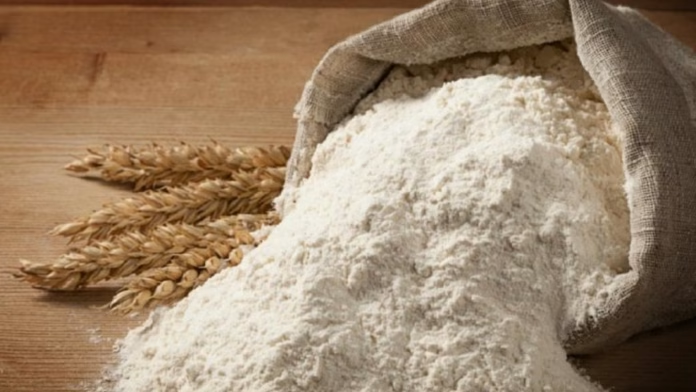In an effort to prevent hoarding, the Indian government is considering various measures, one of which is to implement a limit on the amount of wheat that can be stocked. Nevertheless, the ban on exporting wheat and atta will remain in place this year to prevent any potential increase in domestic prices before the 2024 general election.
The prices of wheat and atta have decreased due to the Center’s sale of wheat from its buffer stock earlier this year and the arrival of a fresh crop in the market.
“We will ensure the prices remain stable and there is no chance of relaxing the ban on wheat exports this year even after the end of procurement,” said an official.
In May of last year, India implemented a ban on the export of wheat, with the exception of shipments made under government-to-government agreements for the purpose of food security.
Recently, Union food and commerce minister Piyush Goyal had said, “We do believe that we will have to ensure adequate supplies for the Indian market and once the procurement period is over, we believe that it will be important that inflation is also contained in the country and therefore it is important that the wheat exports continue to remain banned.”
In the meantime, the Food Corporation of India (FCI) and other government agencies have purchased approximately 240 lakh tonnes of wheat at the minimum support price (MSP), and the government anticipates this number to reach 300 lakh tonnes.
“This will be enough to meet our requirement and go for open market sale as well,” said a source.
To guarantee sufficient availability of wheat in the market, the food ministry has opted to sell excess wheat stocks under the open market sale scheme every quarter starting in July.
As of May 1, the FCI possesses 285 lakh tonnes of wheat in stock, whereas the government requires 184 lakh tonnes every year for the national food security scheme, known as the PM Garib Kalyan Ann Yojana.
Although retail wheat inflation declined slightly from 25.37% in February to 19.9% in March, it has remained in the double digits since June 2022.





